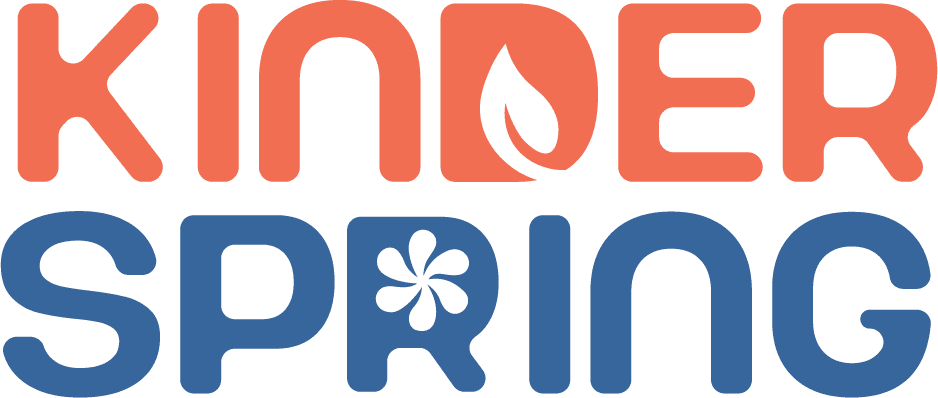Every child is unique and amazing in their own way. Some, however, might need a bit of extra support to rise and shine! Understanding the early signs of autism in children can help parents and guardians provide the right love and encouragement from the start! Let us look at some of the signs to look out for!
What exactly is Autism?
Before we delve into the topic, let us look at what exactly autism is. Autism (also called Autism Spectrum Disorder) refers to a broad range of conditions that can affect how one socializes and interacts with others. It is not an illness but a neurodevelopmental disorder.
Autism is also called “Spectrum Disorder” because there is a range of characteristics and behavioral changes associated with it. The behavioral characteristics are different in different autistic people.
What are some early signs of Autism?
It’s important to remember that the signs of autism can vary greatly, and no two individuals will display the same traits. Girls are less likely to be diagnosed than boys, as they might mask the signs of autism, or their signs might be visible at later stages. Some of the most common and early signs of autism are given below.
Signs of autism by 6-9 months:
Reduced/limited eye contact.
No smiles and limited engagement/interaction.
Might not like being cuddled.
Signs of autism in toddlers:
Reduced talking or babbling.
Reduced eye contact.
Doesn't respond when their name is called.
Prefers to play alone.
Gets upset quickly by changes in routine.
Difficulty understanding verbal instructions.
Signs of autism at any age:
Making little to no eye contact.
Trouble understanding emotions and facial cues/expressions.
Repetitive behaviours- Showing too much interest in specific topics/things, repeating certain words/phrases, or repetitive body movements.
Prefers solitude.
Being more or less sensitive to light, sound, temperature, or clothing.
Trouble in managing friendships, studies, or other chores.
Irregular sleep patterns (staying awake frequently at night).
Speaking little or in an unusual/monotonous manner.
However, individuals with Autism might also exhibit certain strengths:
Able to remember information for longer periods.
Strong visual and auditory learning skills.
Showing exceptional abilities in maths, science, music, or art.
What can you do as a parent?
It is important to learn to identify the signs of autism. Once that is done, you can take an appointment with a pediatrician or healthcare professional who specializes in child development. The healthcare professionals might conduct a developmental screening test on the child. However, the screening test might not necessarily identify signs of autism.
Pharmacological treatment can be given to reduce self-harm episodes, like head banging or hand biting. Psychological approaches (cognitive behavioral therapy), along with speech and language therapy, can also be beneficial. Educational approaches that thrive in visual learning or physical demonstrations can also benefit greatly.
Children are stars, and every child is a star in the galaxy! Identifying the early signs, and providing them with love, care, and support can help them shine more brightly.

